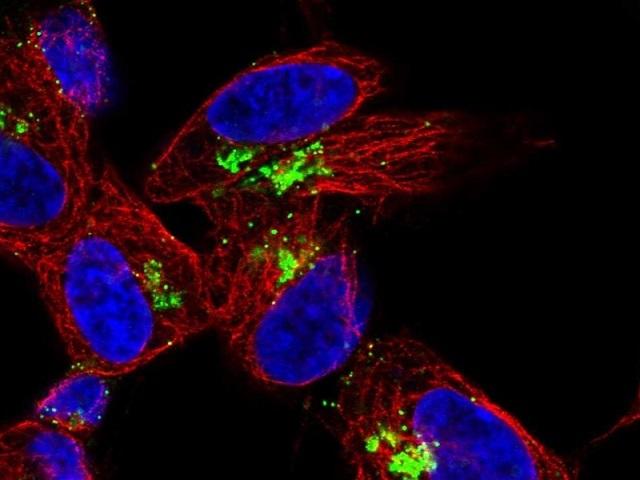All You Need To Know About Neuropeptide Y Acetate

What is Neuropeptide Y?
Neuropeptide Y Acetate is a 36-amino-acid neuropeptide that has a role in both the central and peripheral nervous systems' physiological and homeostatic activities. Neuropeptide Y has been found as the most abundant peptide in the mammalian central nervous system, which comprises the brain and spinal cord. It's produced alongside GABA and glutamate, among other neurotransmitters.
It is produced mostly by sympathetic nervous system neurons in the autonomic system and acts as a potent vasoconstrictor as well as causing fat tissue formation. It is produced in various parts of the brain, including the hypothalamus, and has a variety of functions, including increasing food intake and fat storage, reducing anxiety and stress, reducing pain perception, affecting the circadian rhythm, lowering blood pressure, and controlling epileptic seizures.
What is the function of Neuropeptide Y Acetate?
Neuropeptide Y Acetate is a neurotransmitter that is generated in GABAergic neurons and functions as a neurotransmitter during cell contact. Interneurons are the main source of neuropeptide Y. The majority of NPY's actions are mediated by G-protein coupled receptor proteins, primarily Y1, Y2, Y4, and Y6. Although all receptors are involved in the post-synaptic transmission, the Y2 receptor has also been discovered to be involved in pre-synaptic processing.
How do you increase neuropeptide Y naturally?
- Neuropeptide Y Acetate is a hormone that is produced by the brain and nervous system cells.
- It increases hunger, especially for carbs, and is at its peak during fasting or food deprivation.
- During times of stress, neuropeptide Y levels rise, which can lead to overeating and belly fat gain.
Recommendations for reducing NPY include the following:
- Eat adequate protein: It's been proven that eating too little protein causes an increase in NPY production, which leads to hunger, increased food intake, and weight gain.
- Don't fast for too long: Animal studies have shown that fasting for more than 24 hours can significantly raise NPY levels.
- Soluble fiber: Eating a lot of soluble prebiotic fiber to feed the good bacteria in your stomach will help lower your NPY levels.


Comments
Post a Comment